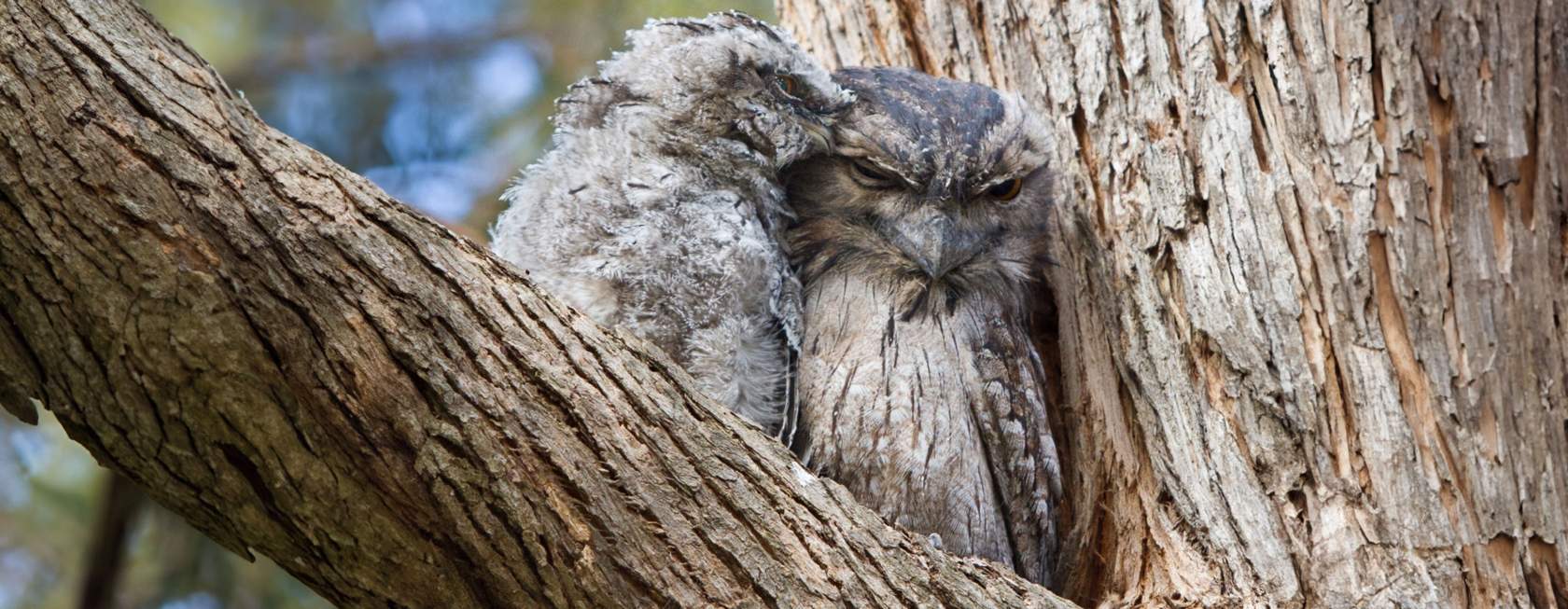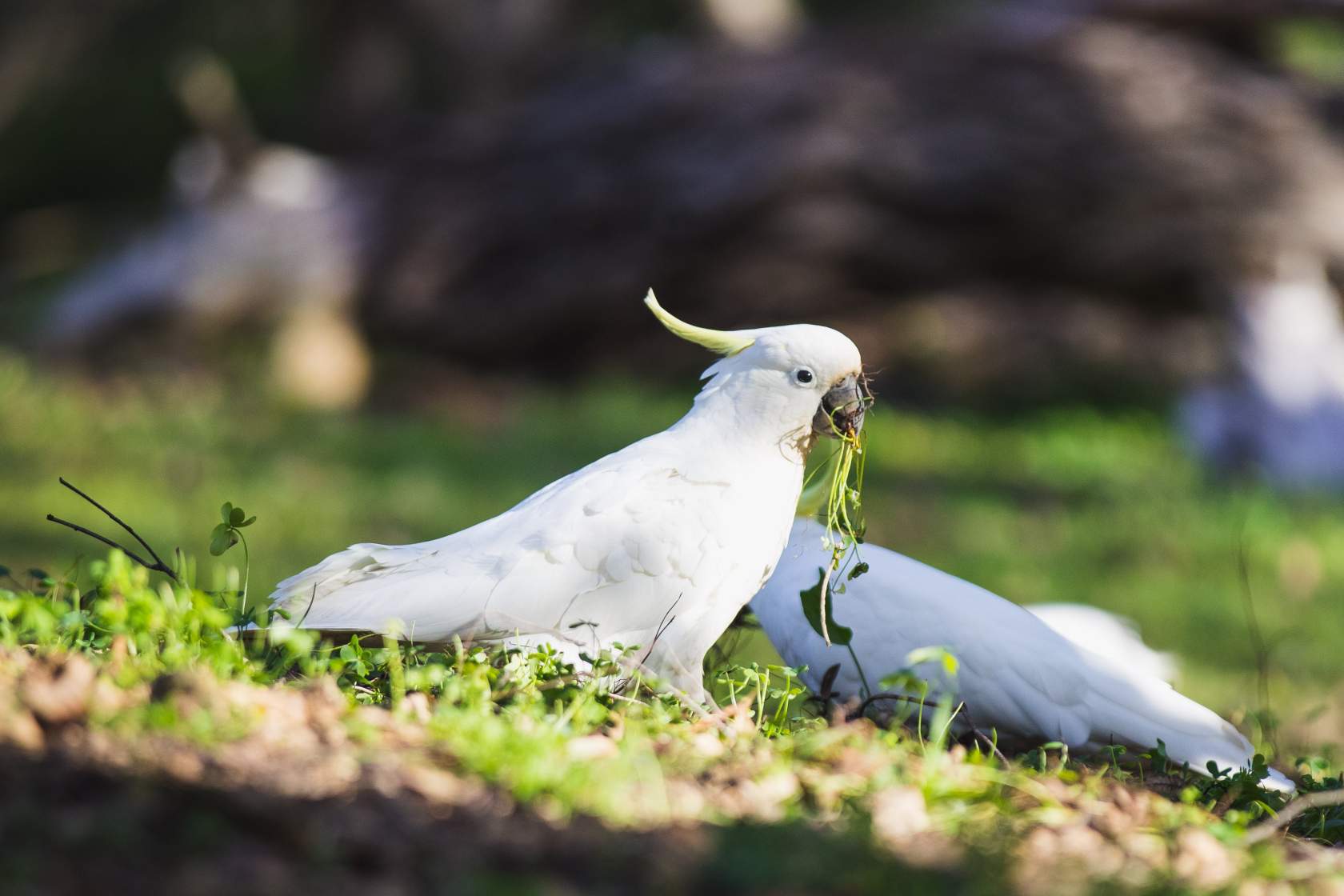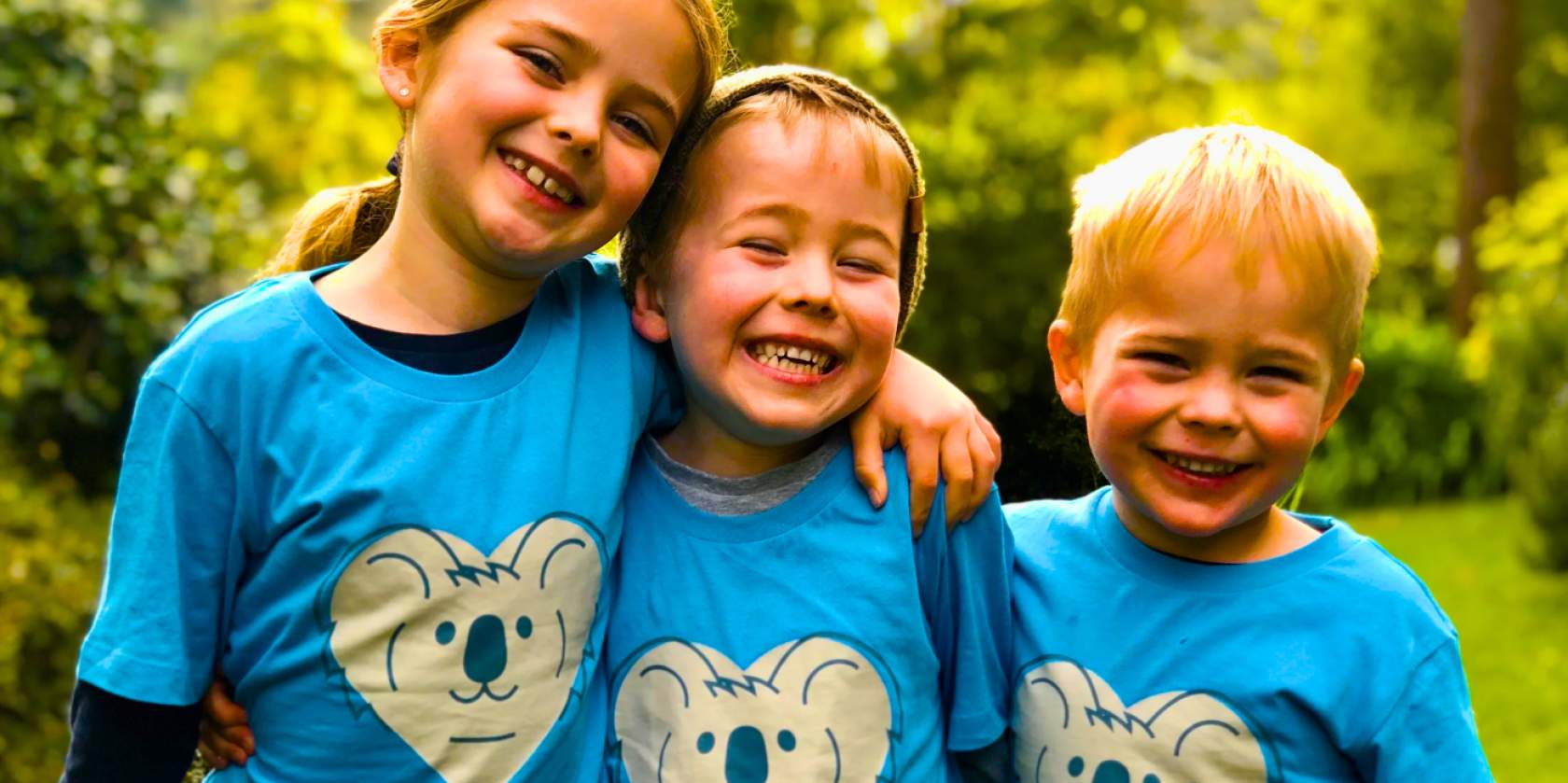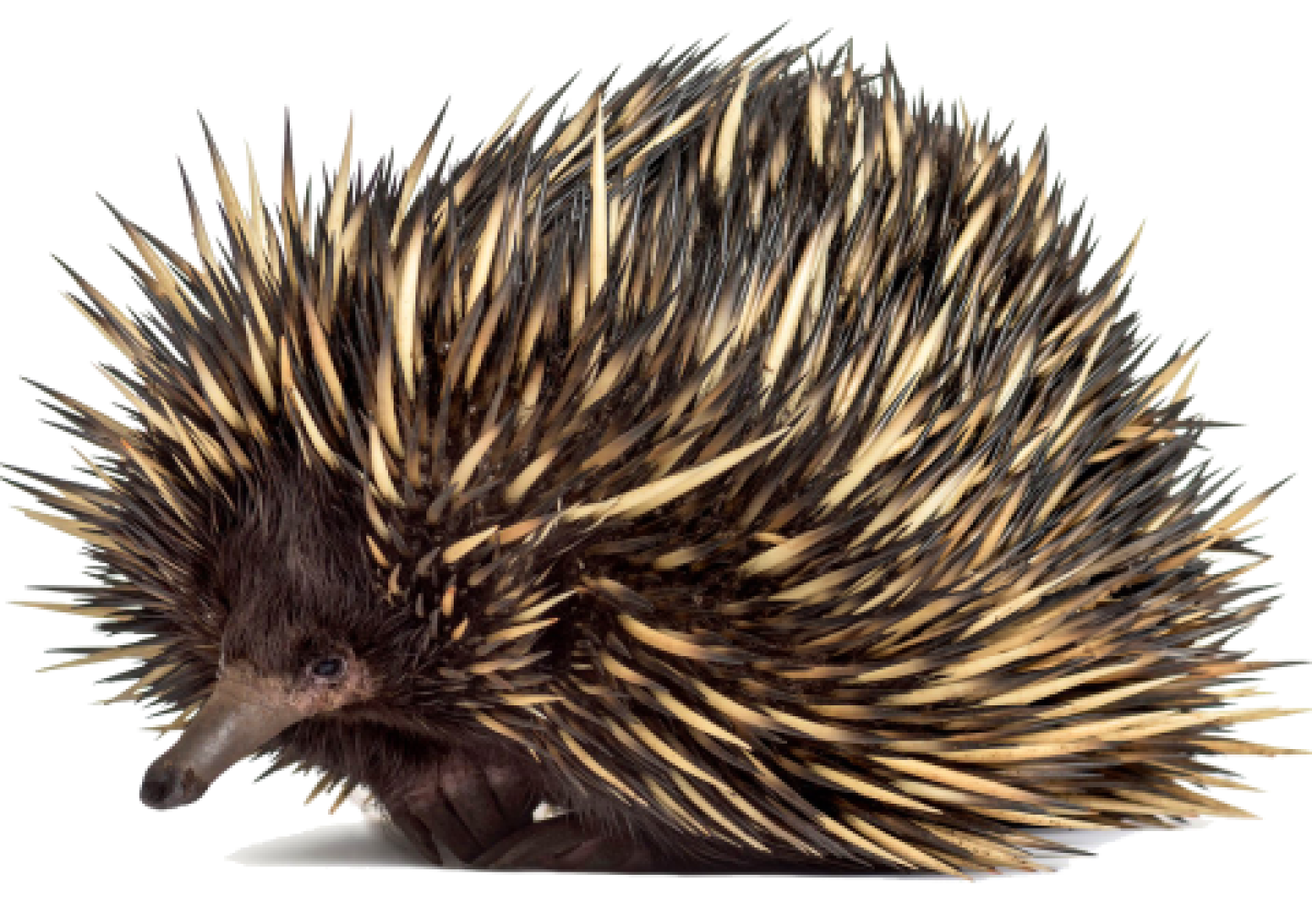
Volunteer
Help make a difference in the lives of native wildlife by becoming a volunteer with Wildlife Victoria.
Wildlife Victoria is a non-profit charity operating the state’s 24/7 wildlife emergency response service. Members of the public can seek assistance for sick, injured or orphaned native animals found anywhere across the state, all free of charge.
Volunteers are an integral part of what Wildlife Victoria does. It is our incredible volunteer network that are out there across the state rescuing, transporting and caring for sick, injured and orphaned native animals and making a genuine difference in wildlife welfare.
Wildlife rescue is both demanding and rewarding. Based on your interests and availability, you may want to volunteer in different capacities. We encourage you to look through the available information and decide what best suits your availability and lifestyle.
Who can volunteer with Wildlife Victoria?
To become a Wildlife Victoria volunteer, you must meet the following requirements:
Aged 18 years or over
A current driver’s license and access to a registered and insured vehicle
Willingness to handle wildlife
Be able to commit for a minimum of 12 months
Be able to commit to one day per week as a minimum
Successful candidates will need to complete a National Police Check
If you have any further questions, please email our Volunteer Services team.



